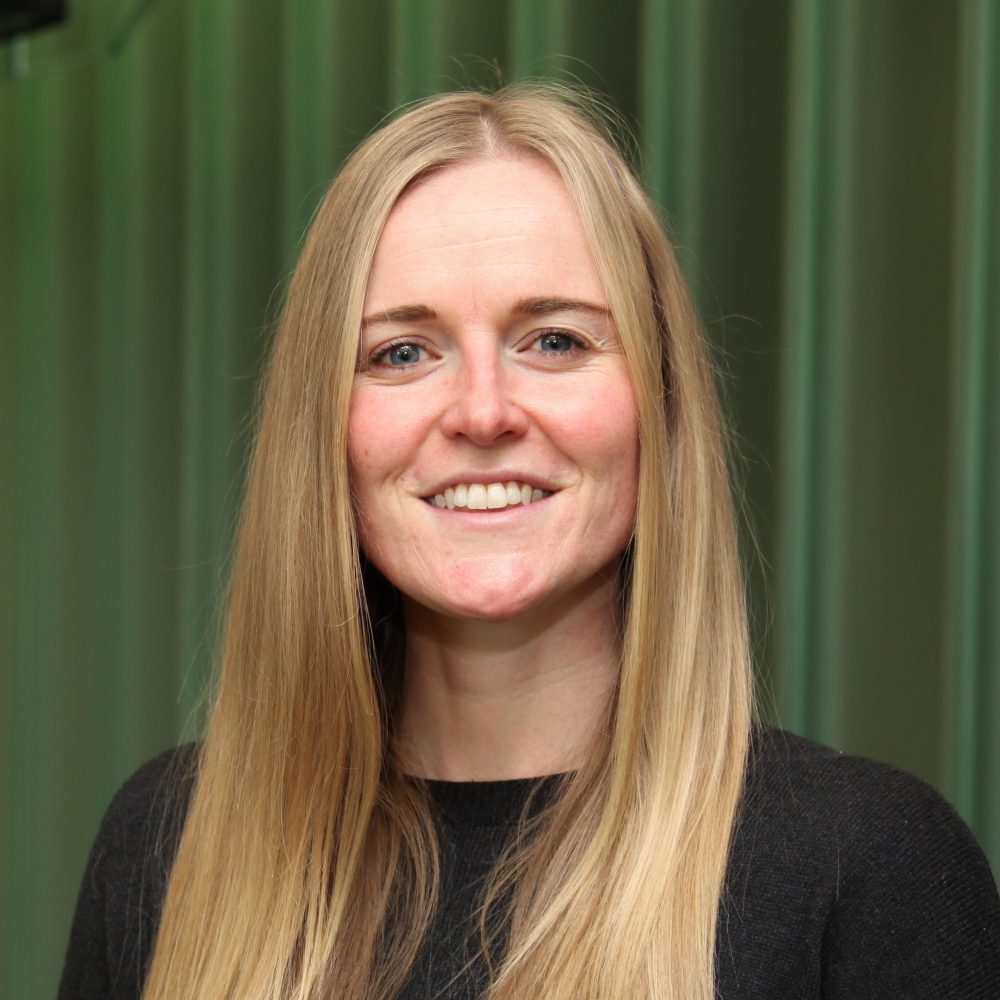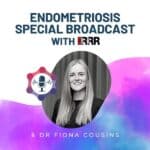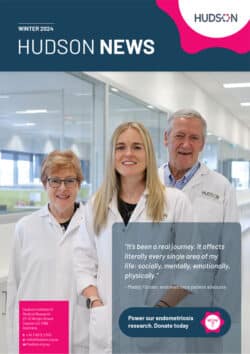Dr Fiona Cousins
- Senior Research Scientist, Endometrial Stem Cell Biology
- fiona.cousins@hudson.org.au
Dr Fiona Cousins is a member of the Endometrial Stem Cell Biology Research group in The Ritchie Centre.

Areas of interest
Endometriosis Pelvic organ prolapse (POP) Stillbirth
Research group
Biography
Dr Fiona Cousins is a post-doctoral research scientist within the Endometrial Stem Cells Group, led by Professor Caroline Gargett, at Hudson Institute. Her current research projects are focused on the immunomodulation of the peritoneal environment in women with endometriosis and identifying new targets for endometriosis treatment.
After completing a Bachelor of Science (Hons) in Reproductive Biology in 2007 at The University of Edinburgh, Dr Cousins worked for bio-manufacturer Alba Bioscience (Quotient) before pursuing a Master of Science degree in Biomedical Sciences at Edinburgh Napier University in 2009.
From 2010-2014, Dr Cousins completed her PhD under the supervision of Professors Philippa Saunders and Hilary Critchley at The University of Edinburgh. Her project focused on delineating the mechanisms that contribute to the restoration of endometrial integrity following menstruation. During her PhD, Dr Cousins was also part of a group that developed an animal model for the study of endometriosis, closely mimicking the human disease. Dr Cousins undertook her first post-doctoral position with Professor Saunders from 2014-2015, exploring the inflammatory environment of the endometrium during post-menstrual repair.
In 2015, Dr Cousins was recruited to The Ritchie Centre under the supervision of Professor Caroline Gargett to continue her work on endometrial regeneration and endometriosis. Dr Cousins’ main research interests are in endometrial function and dysfunction and how the latter may contribute to endometrial pathologies including endometriosis, adenomyosis or heavy menstrual bleeding.
 Einstein A Go-Go: An Endometriosis Special Broadcast
Einstein A Go-Go: An Endometriosis Special Broadcast
As part of Endometriosis Awareness Month, Dr Fiona Cousins joined a panel of experts on the long-running science program Einstein A-Go-Go on RRR radio, to discuss the challenges and successes of endometriosis research as well as the realities of living with this frequently misunderstood condition.
Click here or on the image to access 3RRR audio
Student opportunities

Publication highlights


